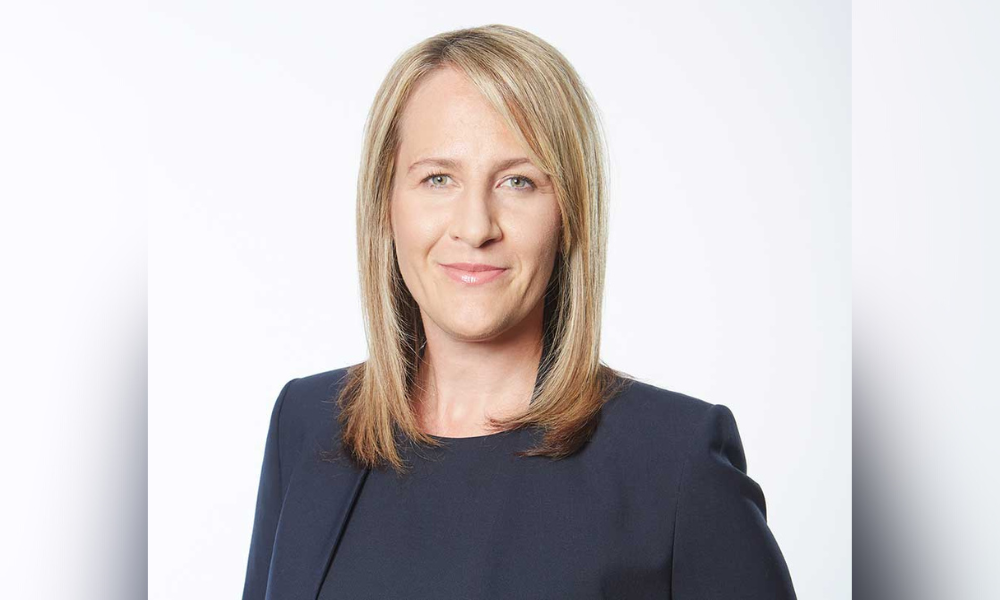Advocis poll reveals how looming recession and inflation fears are impacting festive period

At the start of 2022, Canadians were reacting to the lifting of pandemic measures with a carefree attitude towards spending. After two years of lockdowns and restrictions, “revenge spending” was in vogue as people were eager to unstopper their pent-up demand for leisure and in-store experiences.
But in its latest survey of advisors conducted for Financial Literacy Month, the Financial Advisors Association of Canada (Advocis) has found how consumer attitudes have changed drastically since then.
Among other findings, the poll found half of Advocis advisors (52.38%) are seeing their clients plan to cut back on holiday spending this year. Around one third (34.76%) said their clients are monitoring supply chains and planning to shop early, and just 12.86% were ready to celebrate and spend.
“We have seen a shift in trends from the beginning of the year. The poll confirmed what I believe many of us are feeling right now,” says Julie Martini, Vice President, Strategic Engagement at Advocis. “We're all worried about the impact of inflation and a potential recession on our daily lives.”
Over the past year, the Bank of Canada has been on a mission to contain inflation, which reached a four-decade high. The central bank has raised its policy rate from 0.25% in March to 4.25% this month, which has raised borrowing costs for households that were already facing affordability challenges from the extremely elevated costs of essentials.
With the arrival of fall and winter, heating costs have become a major concern. Martini also highlighted worries over healthcare and a significant rise in respiratory illnesses, particularly among children.
“We don't know yet how much worse this could get. And I think that definitely has people a little bit worried,” she says. “But at the same time, people are so desperate to see each other this holiday season – in some cases, for the first time in years.”
Canadians aren’t alone in their mixed feelings. In its second annual Holiday Shopping study, Ipsos recently found that among consumers from across 12 markets, 85% are excited about their end-of-year festivities, with one third on average saying they’re more excited than they were last year. However, 87% of respondents said they feel stressed about rising costs, including 55% on average feeling more stressed than before.
While the desire to make our loved ones feel good through gift-giving is natural, Martini cautions that the emotionally driven aspects of the holidays could easily lead to needless spending and unintentional debt. The trick, she says, is to manage expectations and avoid getting carried away by the feeling of wanting to make people happy.
“It’s not just gifts. Hosting a get-together with family and friends will cost more this year,” she says. “It’s important to have those conversations with the people you're going to celebrate with as to how you want to enjoy the holidays together.”
To help clients avoid the pitfalls of excessive holiday spending and possible financial regret, Martini encourages advisors to take three simple steps.
First, advisors should remind clients to not wait until the last minute to buy gifts and make plans. Otherwise, people run the risk of blowing their budgets, as well as subjecting themselves to the stress and anxiety of panic shopping.
Second, instead of wasting time running around or browsing aimlessly while trying to remember if everyone’s been accounted for, clients can take a page from Santa’s strategy: make a list and set a realistic budget.
“It does require upfront planning. And that's the golden rule in financial advice,” Martini says. “It's talking about what your goals are, and how to reach them. And this is no different.”
Finally, advisors should emphasize that it's not always about the money. While people might be used to thinking of gifts that come in boxes and have price tags attached, Martini notes that some of the best gifts don’t have to cost a lot, if anything, and may just require a bit of thought.
“A lot of people are on a very tight budget, and they need to focus on buying those essentials. There should be no pressure or shame for not buying gifts,” she says. “I think right now, given what we’ve all lived through for the past few years, the most important thing is just to connect with the people in our lives, and we’ve got to keep that in perspective.”



